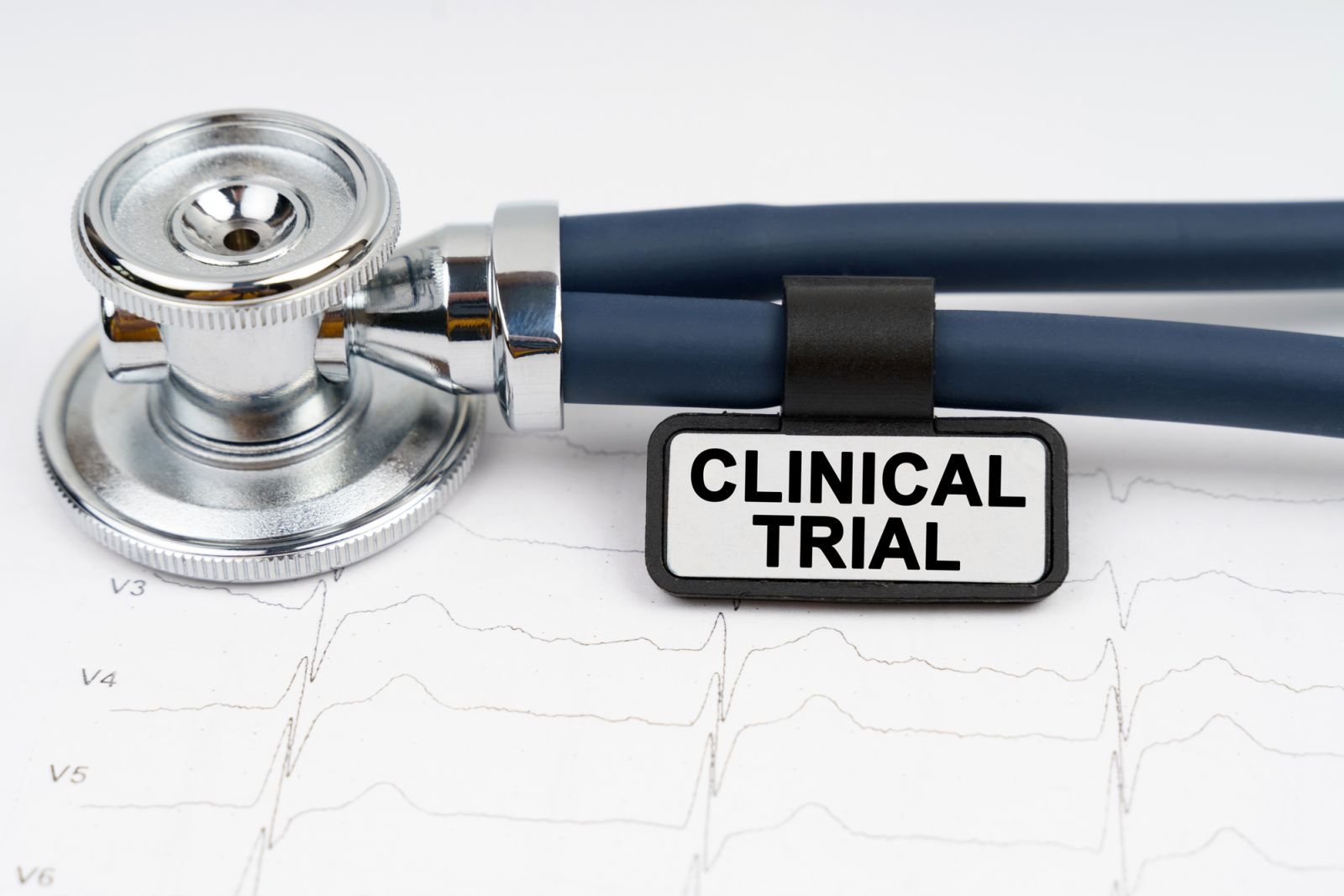
4 Steps To Ensure Clinical Trial Compliance
When performing research studies, clinical trial compliance plays a vital part in ensuring the safety and effectiveness of the research. It means adhering to ethical and regulatory requirements established by governing bodies that guarantee the well-being of study participants and the legitimacy of study results. Sponsors, investigators, and study sites could face considerable legal and financial ramifications if they disregard these regulations.
One critical aspect of clinical trial compliance is adhering to Clinical Data Interchange Standards Consortium (CDISC) standards. These standards ensure that clinical data is gathered, handled, and reported uniformly and standardized, allowing for more efficient analysis and interpretation of study results. Researchers can refer to a guide to clinical CDISC standards to help them understand and incorporate them into their studies.

With that in mind, continue reading to dig deeper into how to carry out compliant and ethical clinical trials prioritizing patient safety and data integrity.
1. Follow Regulatory Requirements
Regulatory bodies have established guidelines and requirements that researchers and sponsors must comply with to maintain the safety and ethics of clinical trials. These regulations are drafted to defend the rights and well-being of study participants, validate the study’s outcomes, and expedite the provision of safe and efficient new treatments to patients.
FDA guidelines for clinical trials in the United States include study configuration and implementation, participant suitability and selection, informed consent, supervision and reporting, and information handling. Researchers must observe these regulations to guarantee the well-being and safety of study participants and the validity of study results.
On a global scale, multiple regulatory bodies oversee clinical trials. The International Conference on Harmonisation of Technical Requirements for Pharmaceuticals for Human Use (ICH) is a worldwide organization that strives to standardize clinical trial guidelines across different regions and countries.
2. Obtain Institutional Review Board (IRB) Approval
Institutional Review Boards (IRBs) shoulder a crucial duty in ensuring the ethical conduct of clinical trials. These independent boards undertake to examine and endorse all aspects of a clinical trial to ascertain that the study is conducted with ethical standards and scientific rigor. The core objective of the IRB is to shield and preserve the rights and welfare of the individuals participating in the research.
Collaborating with contract research organizations (CROs), which manage operational aspects, ensures scientifically rigorous and ethically sound studies. This partnership, addressing concerns throughout the trial, promotes research integrity and prioritizes participant well-being.
To gain IRB approval, researchers must present a comprehensive research protocol that details the study design, participant selection criteria, informed consent procedure, and data management, monitoring, and reporting processes. The protocol should also provide details about the potential risks and benefits of study participation and any precautions to reduce these risks.
The IRB’s review process usually involves meticulously evaluating the research protocol, including the study design, participant selection criteria, and informed consent process. Additionally, the IRB evaluates the potential risks and benefits linked with study participation, ensuring that appropriate measures safeguard the rights and welfare of participants.
The selection criteria for clinical trial participants are scrutinized to ensure fairness and the protection of vulnerable populations. Ongoing monitoring mechanisms, such as data safety monitoring boards, are established to promptly address adverse events. The IRB conducts periodic reviews to assess whether risks and benefits remain acceptable and if modifications to the protocol are necessary.
Sometimes, the IRB may necessitate revisions to the research protocol before approval. Researchers must address any concerns the IRB raises and make required protocol changes before resubmitting it for review.
AI software is increasingly becoming a pivotal tool in optimizing patient recruitment for clinical trials. Traditional recruitment methods can be time-consuming and often fail to reach the most suitable participants efficiently. AI-driven tools analyze vast amounts of data to identify and recruit potential trial participants who meet specific criteria, thus accelerating the process and improving the quality of participant selection. This not only speeds up the entire clinical trial timeline but also enhances the diversity and appropriateness of participant pools. For more details on how AI is revolutionizing patient recruitment strategies, read more about current implementations illustrating its impact.
3. Obtain Informed Consent
Incorporating informed consent is an integral aspect of ethical clinical trial execution. It encompasses the procedure by which study participants are informed about the study’s essence, potential risks and advantages, and their privileges as participants before agreeing to participate. Acquiring informed consent from participants ensures the clinical research is executed transparently and ethically.
The fundamental elements of informed consent include clearly explaining the study’s nature and objectives, the potential advantages and drawbacks of participation, the procedures associated with the study, and the participant’s rights. Participants also ought to be enlightened that they maintain the right to withdraw from the study at any point in time without encountering unfavorable repercussions.
Obtaining informed consent from participants typically involves offering them a written consent form encompassing the elements of informed consent. The consent form must be composed clearly and concisely, without coercion or undue influence.
The researcher is responsible for ensuring that participants comprehend the information provided in the consent form before signing it. This approach may entail giving additional clarifications or addressing any questions that participants may have.
4. Ensure Proper Data Management
Proper data management is vital to guarantee that the study reaches its objectives and that its outcomes are reliable and credible. In clinical trials, data management encompasses the processes and methodologies utilized to gather, retain, oversee, and analyze study data. The prerequisites for data management ordinarily involve ensuring the confidentiality and security of study data, upholding the precision and thoroughness of the data, and guaranteeing that the data are accessible for analysis and reporting.
Guidelines for Good Clinical Data Management Practices (GCDMP) provide suggestions for compiling, managing, and analysis of study data. These guidelines ensure that study data is high quality, reliable, and consistent.
Implementing double-data entry or validation processes helps minimize errors. Data validation checks should be in place to identify discrepancies, with regular quality control checks to maintain data integrity. A secure system must be established to protect participant confidentiality, implement access controls, and maintain an audit trail to track changes and access history.
Standardized operating procedures (SOPs) should guide data management processes, with regular updates to reflect technological or regulatory changes. Adherence to industry standards for data collection and storage is essential, utilizing standardized coding systems for variables. Validation and qualification of Electronic Data Capture (EDC) systems are necessary, with ongoing training for users.
Robust data backup procedures, regular testing of recovery processes, and comprehensive archiving plans are essential to prevent data loss. Detailed documentation of data management processes, decisions, and audit trails should be maintained. These guidelines collectively ensure the high quality, reliability, and consistency of study data from collection to analysis and support compliance with regulatory standards.
To comply with regulatory requirements, researchers must devise a data management strategy that outlines data compilation, storage, management, and analysis procedures. The data management plan must also incorporate quality control and validation measures to ensure the accuracy and thoroughness of study data.

Conclusion
Overall, it’s crucial to prioritize compliance and ethical conduct in all aspects of clinical trials. Compliance with regulatory requirements enables researchers to safeguard the participants, establish the legitimacy and reliability of the study outcomes, and ease the approval and acceptance of new treatments and therapies.
Related Post: Neurological Clinical Trial Trends Under Pandemic and Changing Geopolitics

Adrian Wallace is an experienced clinical research coordinator with a strong understanding of regulatory requirements and compliance in clinical trials. He has been working closely with research teams for over 6 years to ensure that studies are conducted in accordance with guidelines and best practices. Adrian enjoys sharing his knowledge and insights on clinical trial compliance through guest posts on various industry-related blogs. In his free time, he is an avid reader, enjoys playing tennis, and volunteers for science education initiatives.













